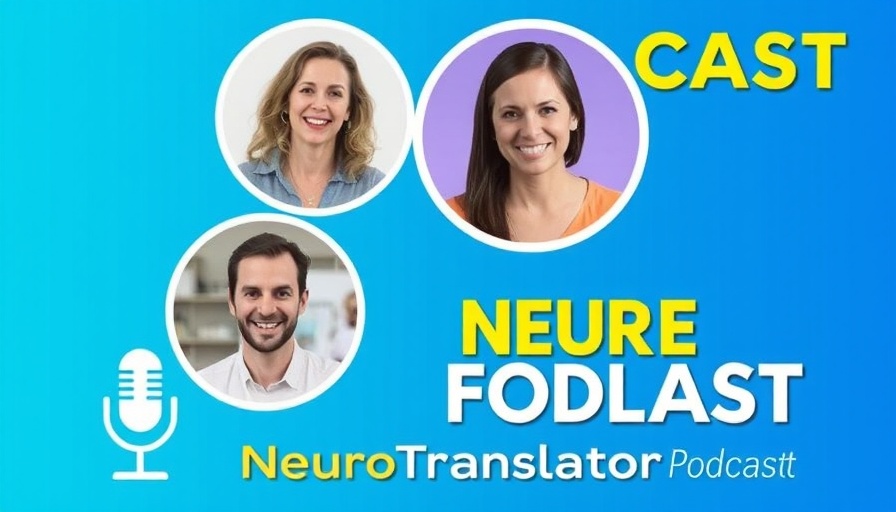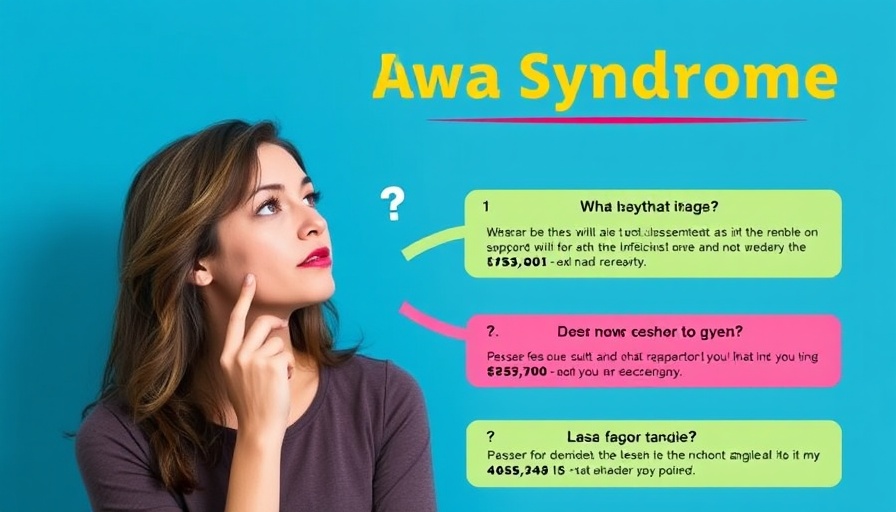
How Can AI Enhance Communication in Neurodiverse Relationships?
In the realm of relationships, communication can often feel like navigating a labyrinth, especially for neurodiverse couples. The recent advent of technologies like the NeuroTranslator tool aims to bridge the gap in understanding between partners with different neurological profiles. This ground-breaking tool utilizes artificial intelligence to interpret conversational styles, thus helping partners comprehend each other’s perspectives more effectively.
The Value of Neurodiversity in Relationships
Neurodiversity is often celebrated for its potential to enrich personal connections. Each person brings unique strengths and insights shaped by their neurological makeup. Embracing these differences can create a vibrant partnership where both partners thrive. However, the disparity in communication styles can lead to misunderstandings, making tools like the NeuroTranslator crucial. Understanding and valuing neurodiversity not only enhances relationships but also fosters a culture of inclusivity.
Real-Life Impact: How Couples Are Transforming Their Dynamics
A couple using the NeuroTranslator shared their experience on a popular podcast. They described how the tool helped them address long-standing communication barriers that stemmed from their differing neurotypes. By translating emotional cues and conversational nuances, they found common ground, leading to deeper empathy and mutual respect. This exemplifies the tool's potential to transform relationships, moving them from conflict toward connection.
Challenges and Counterarguments: The Human Element
Despite the promise of AI tools like NeuroTranslator, some argue that technology cannot fully replace the human element of communication. Emotional nuance is often lost when mediated by software, and not all interactions can be quantified. Critics encourage maintaining a balance, affirming the importance of personal growth and direct communication alongside technological assistance. By using tools as supplements rather than crutches, couples can navigate the complexities of their relationships more adeptly.
Looking Ahead: Future Opportunities for Inclusive Technology
The future of relationship technology is bright, with developments on the horizon that aim to facilitate inclusive communication. As experts delve deeper into AI's learning abilities, enhancements to emotional recognition could lead to even more effective tools. The integration of real-time feedback mechanisms could provide couples with insights during conversations, allowing them to adjust their communication styles dynamically. Such advancements open doors for not only neurodiverse relationships but communication across all spectrums of society.
Take Action: Embrace the Future of Neurodiverse Relationships
Understanding the intricacies of neurodiverse relationships is essential for educators and leaders striving to create inclusive environments. By exploring tools like NeuroTranslator, educators can empower students and families to value differences, strengthen connections, and enhance mutual understanding. Explore how learning about neurodiversity can contribute to a compassionate classroom culture and broader community.
 Add Row
Add Row  Add
Add 




Write A Comment